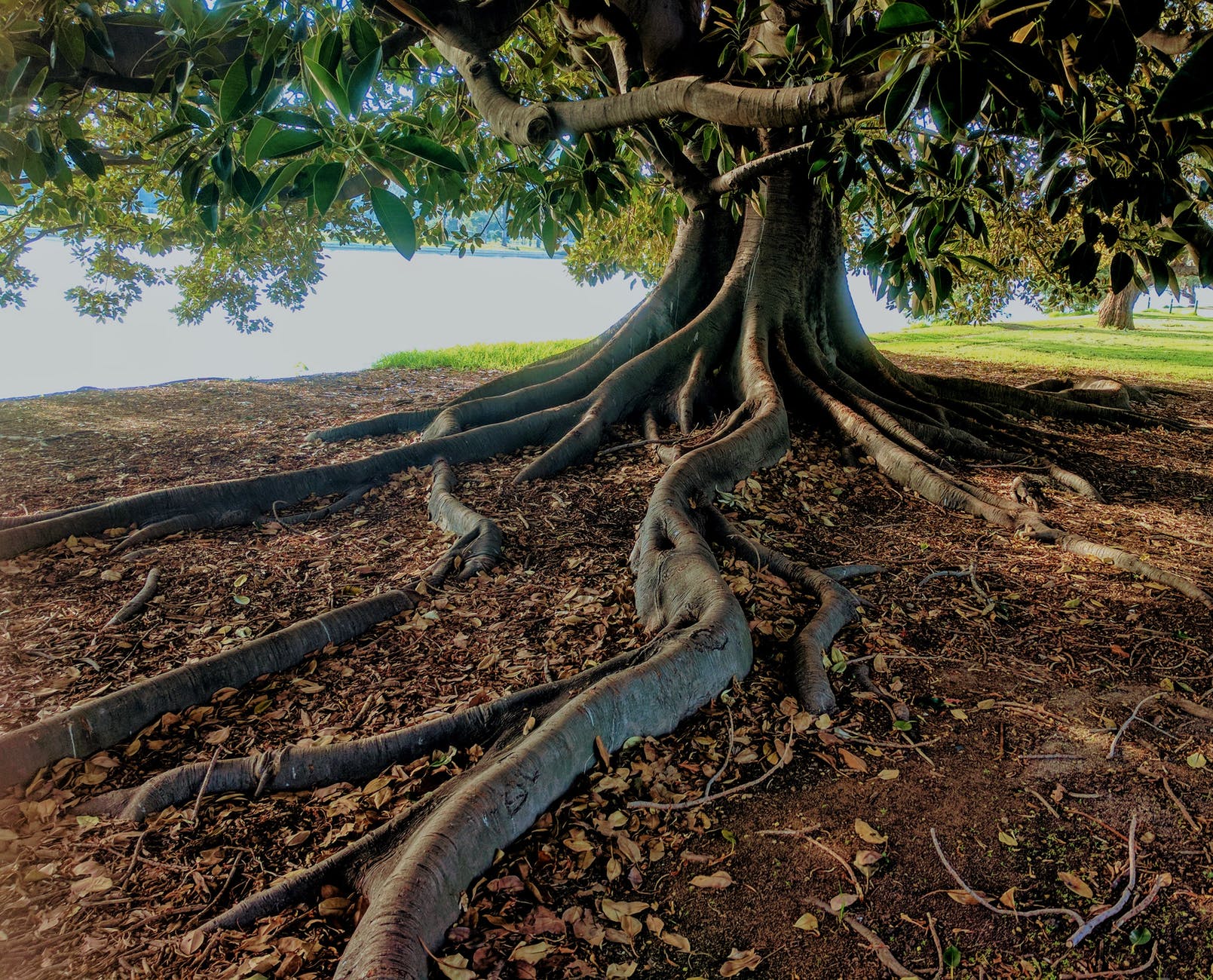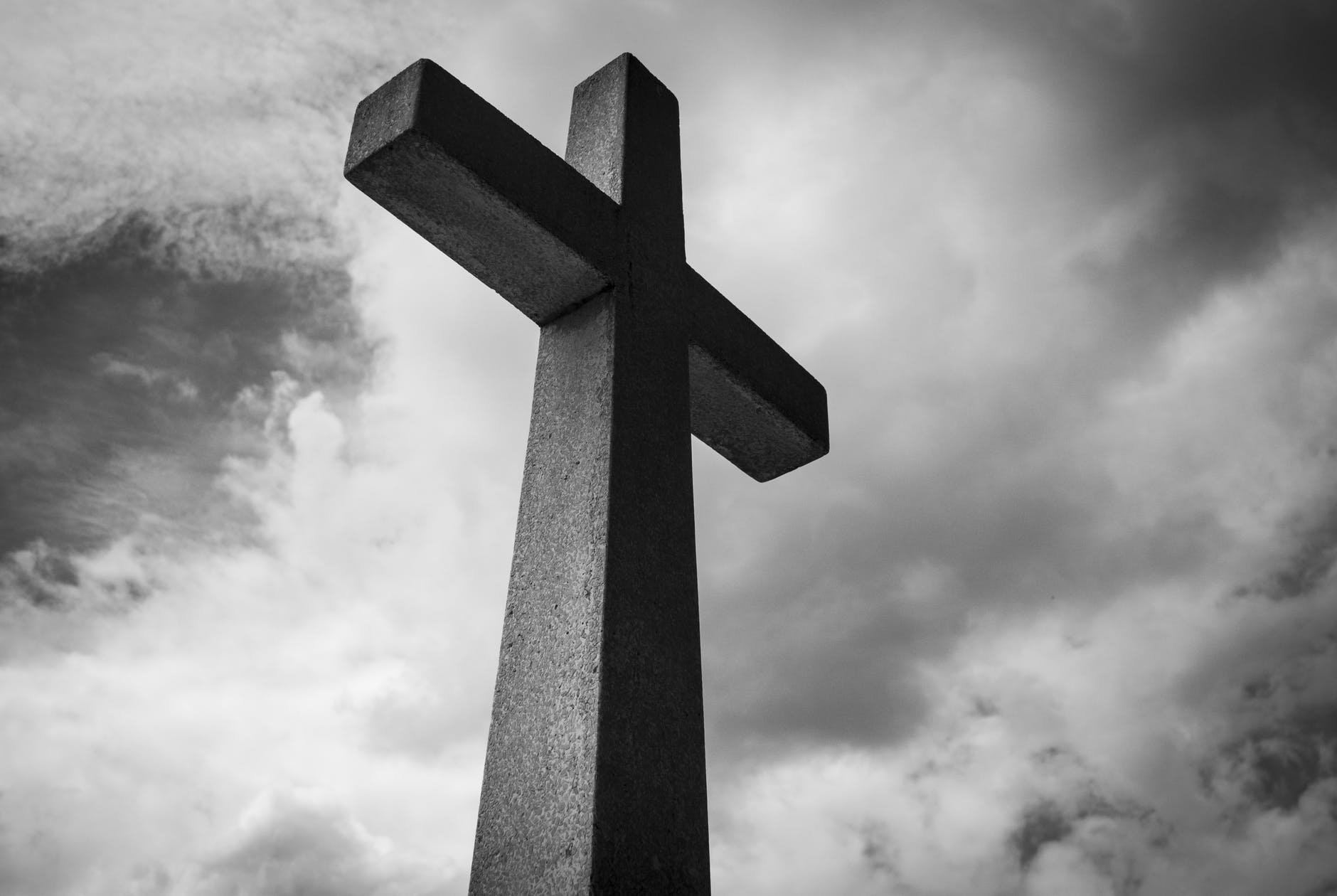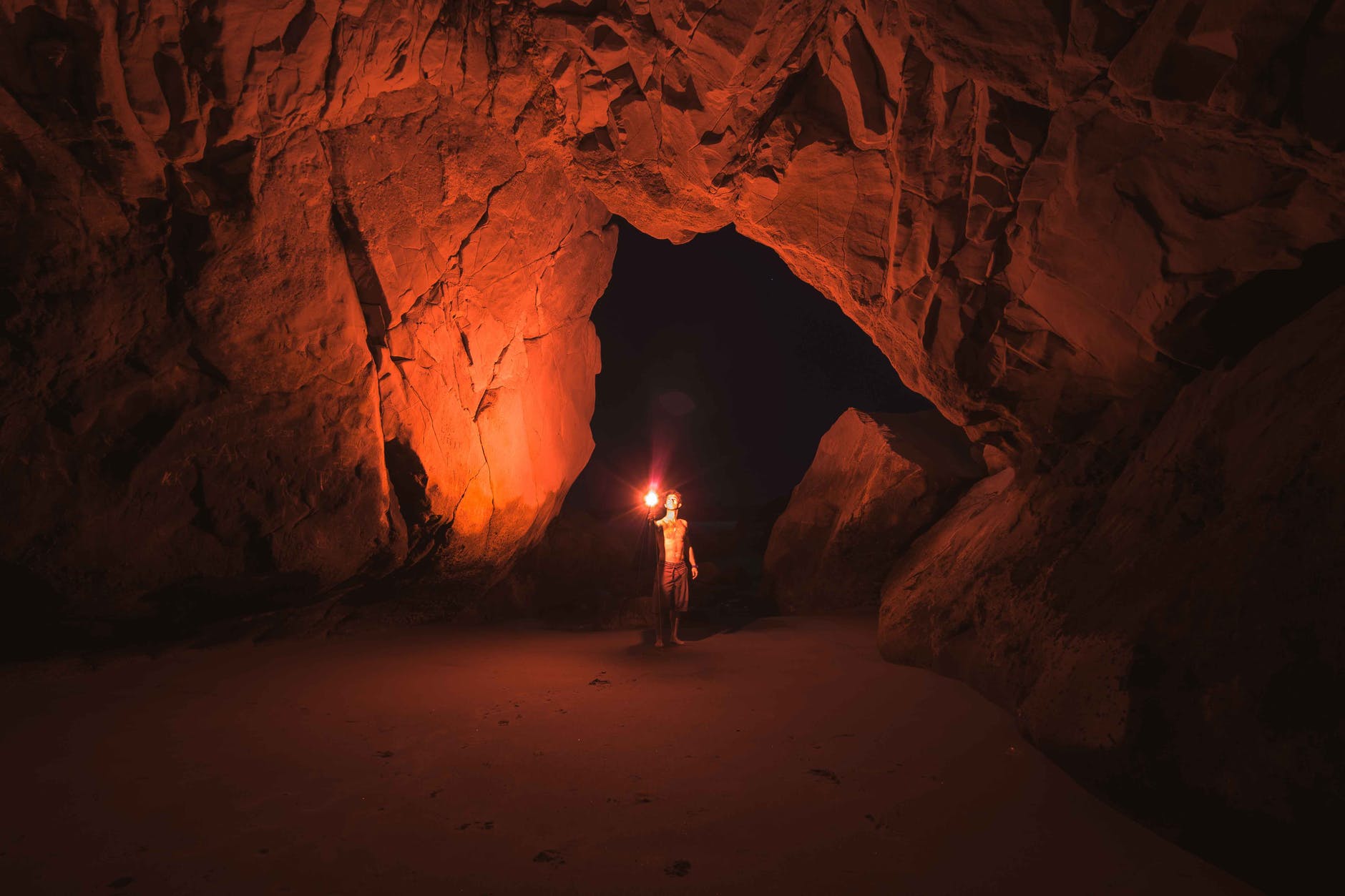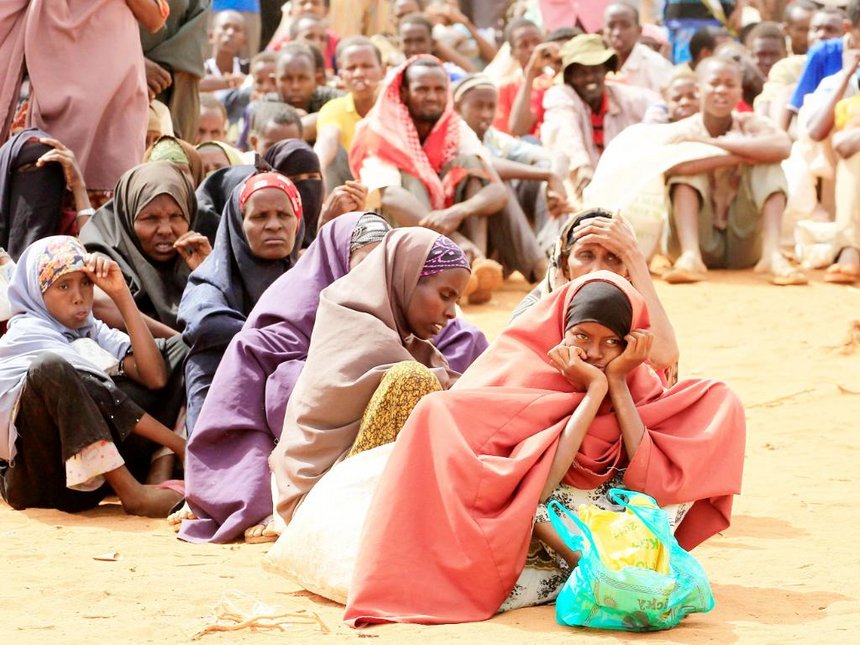By Rev. Canon Francis Omondi
What is the road map?
The women seem to have had a clue. Jesus’ disciples had a map that guided to Jerusalem, but it was now mangled for any useful purpose. Christ did not just die, it was a violent, shameful spectacle whose shadow eclipsed his followers also all week long. The disciples’ faith took a thorough beating, making the days between the resurrection and ascension to heaven most disturbing of all. They were lost in fear.
But the women shook off the paralysis of fear, and in faith sought to understand their times. The empty tomb first greeted them with a rebuke “do not look for the living among the dead”. Then the angel gave a new map, meet Jesus in ghettoes of Galilee. There he will direct you. Yet the women kept quiet. They controlled the narrative and would not let the men revive the failed one, of the restoration of Kingdom of Israel. But the men’s tacit concerns was, is Jesus still a king? Uncertain of the future, the men from Galilee were determined not to mix things again. It was his word, back to obscurity.
One can only imagine how the petrified disciples clung together while still in Jerusalem. You would have expected them to rejoice at the resurrection. Yet fear of their fate triggers a distant memory, a recollection of the week’s Passover events. Not in detail, but some elements of the traumatic memories. Memories that they acutely remembered. It was flashbulb memories, like when one’s adrenaline bursts out to enhance memory storage, and replays events in one’s inner eyes, of what they had just witnessed at the onset of a stressful event.
The disciples recalled Jesus cursing the fig tree saying; “Let no fruit grow on you ever again”. An incident that left them amazed. “How did the fig tree wither so quickly?” You would remember it too had you been there. Wouldn’t you?
Jesus had led his disciples to Bethpage, also known as “House of Figs.” One can imagine how many fig trees grew there. Yet he focused on this one tree. Seeing it would make you hungry, but you wouldn’t want to show it early in the morning. It was a fraud. The tree gave a false impression of having figs while it only had leaves. Plenty of dark green leaves, but no fruits. Customary, such figs would bear leaves and figs.
St. Matthew shortens the event, as if for dramatic impact and to fit in twitter, for those who care to share. He fused a two-day event into one. Had we not gathered more from St. Mark, we would not have known that the transaction had two separate stages: Jesus uttered the curse on the Monday morning, before the cleansing of the temple; the effect was seen, and the lesson given on the Tuesday, when Jesus was visiting Jerusalem for the third time.

Photo by Daniel Watson on Pexels.com
The brain focuses on what is central to survival and not on insignificant and peripheral details during a threatening event, and so it does not encode them. You now understand why they would not have missed remembering Christs’ last miracle. It was a destructive miracle. This one, and the herd of pigs drowning, are the only two we find anywhere in Jesus’ work. Aren’t we grateful that he did not direct them at people, otherwise we would see people wither away like the fig tree, or drawn like the pigs.
In this acted-out-parable, Jesus warned of coming judgment upon an unfruitful Israel. Jesus’ cursing of the fig tree should warn the unrepentant Jews of the destruction and final ruin of their state by the Romans. For they professed the true religion and considered themselves the special people of God, while they were only hypocrites who did the opposite of the religion they professed. An example of abundance of leaves, but no fruit. The disciples got it! They were ready and strained to chart a path not end up like the fig tree nor the Jewish nation that the act inferred.
The story is straightforward, and its point obvious. What counts is not promise. The Christian life is all about growing and producing fruit that glorifies God. At this time of global pandemic, will the church yield fruit, or be a disappointment? This COVID-19 crisis has in a way brought Christ to the church’s doors, and he needs fruit.
I am at pains to affirm that the church today is situated to provide help for the victims as well and hope. An analogy between why figs may not bear fruit, and the church’s failure to yield its fruit, is instructive.
First, one common reason a fig tree would not produce figs is, according to Heather Rhoades [1] “too much nitrogen”. A fig tree would be affected if it’s up-take of nitrogen fertilizer exceeds limits. “Nitrogen causes the plant to have lush growth in leaves and branches, but very little if any fruit” She states. I would relate the church’s draw for support of the society to the nitrogen fertilizer. It is possible for a church more concern with the public image given her, intake from, than the fruit, the output she affords, the society, be on a fast lane to leafy fruitlessness. In striving to fit in the influential society, she becomes complicit to its insidious culture of violence against the poor. The church today is preoccupied with image production and protection at the expense of being prophetic.
The church exists in this symbol saturated society. Here signs and symbols promise happiness, contentment, and the full human life. Such that happiness is the clothes you wear, the car you drive, and the goods you consume. Scott Lash and John Urry in their work ‘Economies of Signs and Space’ observed that, “The main export of the USA today is a so-called culture; films, icons, logos, signs.” What circulate are signs and symbols. Advertisers know that what we consume nowadays are not products so much as cultural signs.
The church need to imprint her signs and images as well. The symbols of our society promise two things: happiness and citizenship. And so do we, but differently. We are called to embody a different joy and a different belonging. It is reasonable to view Christianity and our faith through these lenses, icons, signs and symbols.
Our most conspicuous sign in the Cross of Christ. Every time we meet, we gather around this sign. We do this to remember the story of the day they crucified him on Good Friday and perpetuate the story of the last supper. This is our foundational story, the one in which we find the meaning of our lives. It is a violent story which tells of a disappeared future. “Unfortunately, during the course of 2,000 years of Christian history, this symbol of salvation has been detached from any reference to the ongoing suffering and oppression of human beings—called “the crucified peoples of history” Said Prof. James Cone. The cross has been transformed into a harmless, non-offensive ornament that Christians wear around their necks. Rather than reminding us of the “cost of discipleship,” it has become a form of “cheap grace,” in the words of Dietrich Bonhoeffer, an easy way to salvation that doesn’t force us to confront the power of Christ’s message and mission.
The church is called to obey Christ and not just to accept belief. There is a powerful message for us on the interconnection of faith and obedience. One cannot believe unless they obey. We should so encourage one to obey, to be granted faith. We characterise our faith today with easier acceptance of belief than obedience. According to Bonhoeffer, “this is true, though it misses the important other-half: only those who obey can believe”. Even still, we are still saved through faith, expressed in our obedience, but discipleship is an essential part of faith.
The church will stay fruitless unless she experiences a radical shift in her view of the cross and sees it with the lenses of James Cone who states: “But when I took up the cross, I recognized its meaning… It is not something that you wear. The cross is something that you bear and ultimately that you die on.”

Photo by Pixabay on Pexels.com
Second, “If a fig tree is suffering from water stress caused by either too little or too much water, this can cause it to stop producing figs or never start producing, if it is a younger tree” Heather observes. “Water stress will send the tree into a survival mode and the fig tree will simply not have the energy needed to invest in making fruit.” In the same way, when the church feels threatened, her survival becomes the goal. She would want to preserve her little resources, or cling to her vast wealth to keep standards. In both cases the church would be a stagnant pool instead of a river, always insular. They will judge those “other” approaching her as a threat to her survival. By this attitude the church would deny even Jesus himself fruit.
The just, or righteous, receive the eternal reward because they fulfilled Jesus’ and the Old Testament requirements of justice, reversing the condition of the poor. Prof Nicholas Wolterstorff observes, “to fail to provide help for the needy is not a question of charity but of Justice and is to wrong Jesus himself. The just therefore will receive this reward because they fulfilled Jesus’ and the Old Testament requirements of justice, reversing the condition of the poor”. In rendering justice to his downtrodden and excluded brothers and sister’s, Jesus calls these people the “least”, we render justice to him and in treating them unjustly we treat him unjustly. To wrong the social least is to wrong Jesus himself. This would be fruitlessness.
Jesus cursed the fig tree as an object lesson to everyone that God expects us to bear the fruit of righteousness, showing us the consequences of failing in that task.
The church has a task to give hope in our current crisis. No one can do so. Yet if the church is to succeed, she will have to learn and sing the prophet Habakkuk’s, prayer (3:17-19). It is a song of another fig tree that did not bear fruit. The church will have to grasp what God is saying, and like Habakkuk resign to the fact that God will not relent the impending disaster, meanwhile maintaining the confidence in God’s ability and will to save. While the prophet waited for a sure disaster, our world is already being decimated by the COVID-19 pandemic. Its medical impact is frightening, but the terror about to hit us is its social and economic damage.
As soon as Habakkuk saw God seated in his Holy temple, a vison rare in such times, he expressed his joy and faith that God is on his side and with his people. In the same way, only in sharing this vison shall the church respond in faith. As she goes out in obedience to God’s word, to help the victims, she would share the joy and faith that God is with us.
Habakkuk knew that God was merciful and gracious. He trusted his promise, though all appearances were against its fulfillment; for he knew that the word of Jehovah could not fail, and therefore his confidence is unshaken. It is in submission to the will of God, and not denying the evil at hand, will we give hope. Only then will God’s Spirit sing through us the song of faith.
What can one add to this hymn sang in inexpressible dignity and elegance. “Though the fig tree shall not blossom”, repeats the prophet’s confidence in God, which should mirror ours where the governments and international interventions fail. When our own labours bring forth no help and the staff of life shall fail…
This song shall be our sign, our icon, and hope that God is in it, with us.
Christianity here offers a story. A story that takes away our road map, and in return gives us intimacy with the Lord. We should not fear being in this crisis. The church will be born in a crisis of hope.
Canon Omondi, a priest of Anglican Church of Kenya, All Saints Cathedral Diocese Nairobi.
[1] http://www.gardeningknowhow.com/fruit-gardening/fig-tree-is-producing-fruit.htm




